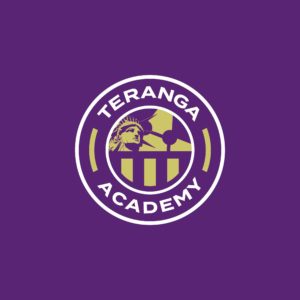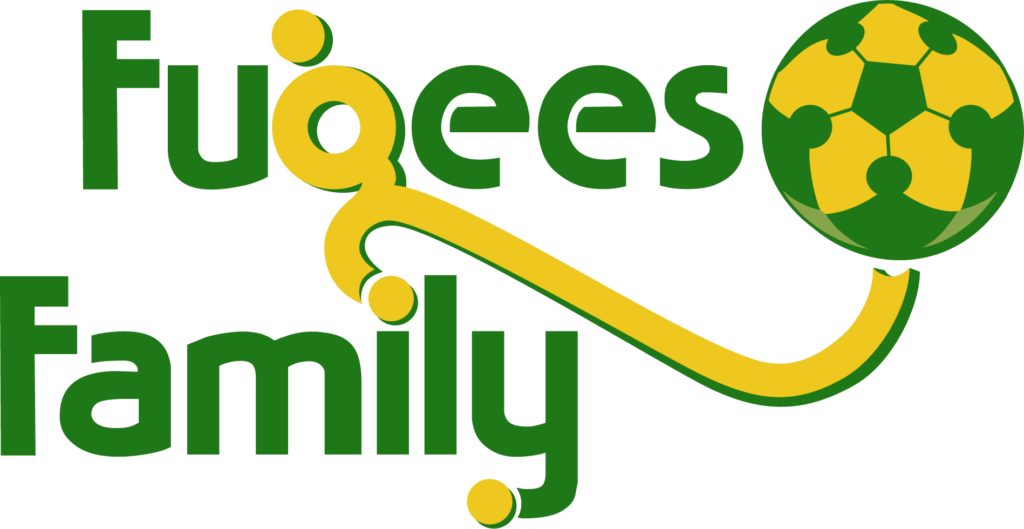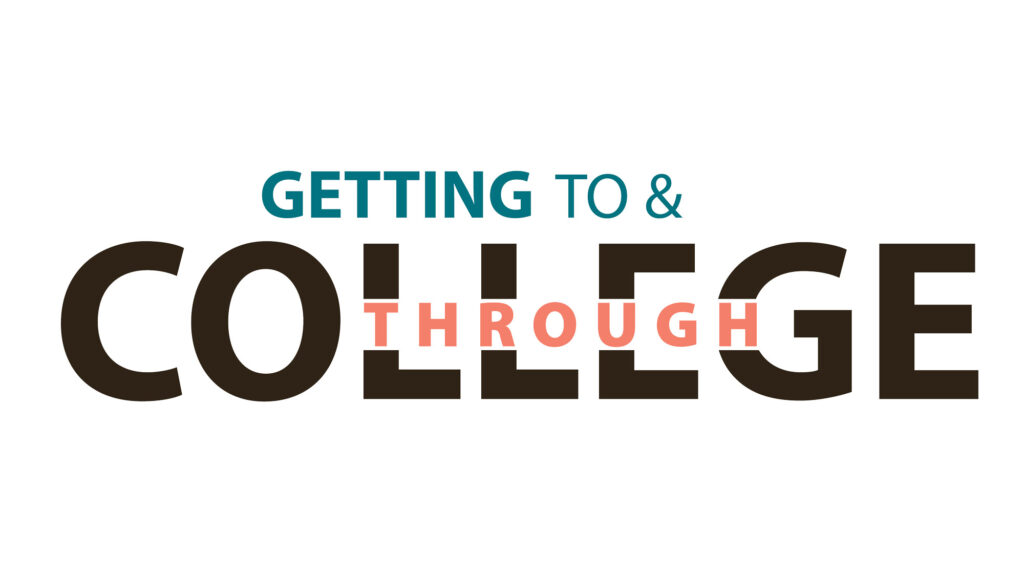Mauwa is a seventh-grade student at Teranga Academy, a school district partnership between Fugees Family and Bowling Green Independent Schools in Kentucky, where immigrant and refugee teens are provided up to three years of competency-based English immersion programming. Mauwa is Tanzanian but was born in Kenya. She came to Teranga — a Senegalese word meaning hospitality, respect, solidarity, and community — with minimal English comprehension, but since enrolling in Teranga Academy, she is excited that she has made friends, doesn’t experience any problems with bullying, and speaks better English. Teranga Academy now “feels like home” and is different from the experiences that Mauwa had at her previous school. “Teachers at Teranga are nicer, kinder, and give me what I need,” she says.
Despite efforts at all levels of government to support immigrant and refugee students, close to half of all refugee children remain out of school, and immigrant students continue to face significant hardships accessing, and maintaining, federal and state resources (i.e., access to higher education and healthcare, limited and restrictive federal aid support, language, cultural, and financial barriers, etc.), and fear of immigration enforcement.
 Schools that serve immigrant and refugee students face challenges obtaining resources to educate educating multilingual learners and supporting the social emotional needs of these students.
Schools that serve immigrant and refugee students face challenges obtaining resources to educate educating multilingual learners and supporting the social emotional needs of these students.
Fugees Family was created in 2007 to advance educational justice in response to the disparities that immigrant and refugee students face as they enter the American educational system.
Fugees Academy in Atlanta is a 6-12th grade state charter school where this model has been working for more than 15 years, and Bowling Green is the first of a robust expansion plan to replicate the model in partnership with public school districts across the U.S. Fugees Family is the only network of U.S. schools dedicated to supporting immigrant and refugee student education. Fugee students, all classified as English learners within smaller educational settings (i.e., smaller class sizes and/or total number of students enrolled) not only keep up academically with their peers at traditional public schools; they show faster achievement growth than the national average within a year of enrollment, all while learning English as another language. The Fugees model ensures that students are reflected in their educators and is committed to closing the education gap by providing a holistic approach toward a quality education for all students.
Fugees also prioritizes the mental health and social-emotional needs of immigrant and refugee students with schoolwide programming such as mindfulness exercises, daily yoga classes, and an intensive focus on art and music. Sports and art-based activities have long been proven to boost positive mental and behavioral health outcomes. So, Fugees promotes a welcoming learning environment that supports the use of athletics, an emphasis on arts education, and appropriate mental health supports as a vital component of student well-being and connectedness in schools.
Given their resilience, multiculturalism, and optimism, immigrant and refugee students are poised to be some of America’s best learners — provided that they are given equitable access toward structured resources. Schools like Fugees has made it possible to create welcoming environments for immigrant and refugee students and to ensure that their social, emotional, and academic development (SEAD) is nourished — allowing them to succeed in school and within American society.
Back at Teranga Academy, Mauwa was invited to join the community’s soccer team. She has also been welcomed by educators who recognize her diverse background as an asset in the classroom. Mauwa hopes to one day be a teacher at Teranga Academy — evidence that immigrant and refugee students are true believers in the American dream.
Next up: We talk to Teranga Academy about how the school implements SEAD





 Schools that serve immigrant and refugee students face challenges obtaining resources to educate educating multilingual learners and supporting the social emotional needs of these students.
Schools that serve immigrant and refugee students face challenges obtaining resources to educate educating multilingual learners and supporting the social emotional needs of these students.

